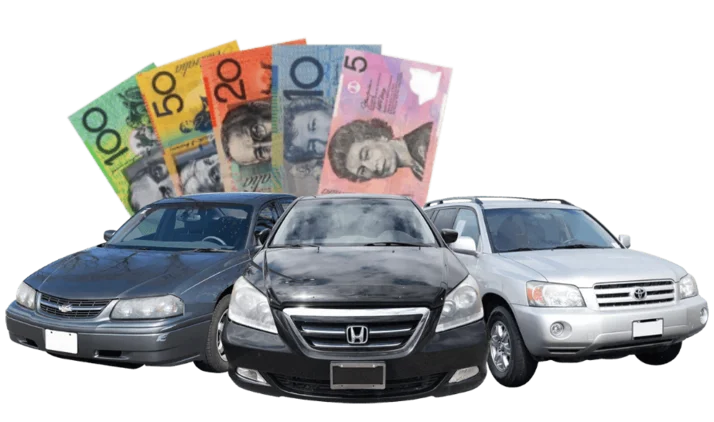Deciding what to do with an old vehicle can be a difficult choice. Whether your car is no longer in use, has mechanical problems, or you are simply ready to upgrade, there are two main options to consider—selling your car for cash or trading it in at a dealership. Both options have their place, but each one comes with different results depending on your goal.
This guide explains both paths in detail and outlines the factors that can help you choose what suits your situation better.
Understanding What It Means to Sell for Cash
Selling a car for cash means dealing directly with a buyer who offers money for your vehicle as it is. This buyer could be a private individual, a car removal company, or a scrap yard. In most cases, the seller contacts a service, shares vehicle details, receives a quote, and arranges for the car to be picked up.
There is no need to repair the car or clean it up for display. Many services accept vehicles in all conditions, whether they are damaged, old, or no longer running.
What Is a Trade-In?
A trade-in takes place when a car owner gives their vehicle to a dealership as part of the payment for a new or used car. The dealership places a value on the old car and subtracts that amount from the price of the replacement vehicle.
This method is common among those who want to upgrade their vehicle quickly. However, trade-in values are often lower than what a seller might get from a direct cash buyer, as dealers need to make room for profit margins.
Key Differences Between the Two Options
Understanding how both options compare helps in making a better decision:
1. Vehicle Condition
- If your vehicle is damaged, not running, or very old, it may not hold much value at a dealership. In such cases, selling for cash is more suitable.
- Trade-ins work better when the car is in working condition, has good service records, and meets dealership standards.
2. Timeframe
- Selling for cash can take less time. Car removal services usually offer same-day quotes and pickup.
- Trade-ins might involve visiting several dealerships to get a better deal or waiting for paperwork to be completed.
3. Price Differences
- Trade-ins usually offer less than what your car might be worth in the open market.
- Cash buyers often base their prices on scrap metal weight, usable parts, or resale potential, which may lead to better payouts, especially if the vehicle is not in great condition.
Do you want cash for the car in Rockhampton?
Visit here: https://onspotcashforcars.com.au/top-cash-for-cars-rockhampton/
When Selling for Cash Is a Better Option
Selling your car for cash may be the better option if:
- Your car is no longer roadworthy.
- You want to avoid the extra effort of cleaning or repairing it.
- You are looking for a faster way to get rid of the vehicle.
- You do not plan to buy another car immediately and want to collect the money.
A damaged or non-functional vehicle is not likely to receive a strong offer from a dealer. On the other hand, services that buy cars for cash usually accept vehicles regardless of condition.
When a Trade-In Might Work for You
You might prefer a trade-in if:
- Your car is still in good running condition.
- You plan to buy a new or used car from the same dealership.
- You want everything handled in one place, even if it means getting a lower amount for your old vehicle.
Important Things to Watch Out For
Whether you are selling for cash or trading in, make sure to:
- Remove personal items from the vehicle.
- Have the registration papers and proof of identity ready.
- Check if the quote includes vehicle pickup or towing.
- Be aware of any fees or paperwork delays.
Real-World Example: Choosing the Better Option
Consider someone living on the Gold Coast who owns a vehicle that has been sitting in the driveway for months due to engine trouble. Fixing the car would cost more than its resale value. Instead of spending money or trying to get a trade-in at a dealership that may refuse the car altogether, the person decides to get a quote from a local buyer offering cash for cars GoldCoast. The process is completed the same day, and the car is collected without delays. This practical decision not only clears space but also turns a non-working vehicle into immediate money.
Conclusion
Choosing between selling your car for cash or trading it in depends on several factors, including the condition of your vehicle, how soon you need the money, and whether you plan to replace the car right away. Both options can be useful, but they serve different needs.
For those with cars that are no longer roadworthy or have little trade-in value, selling for cash is often the more practical route. On the other hand, if you want to upgrade your vehicle and do not mind a lower return, a trade-in might work.
Before making your final decision, always weigh your options, gather quotes, and choose what fits your situation best.





